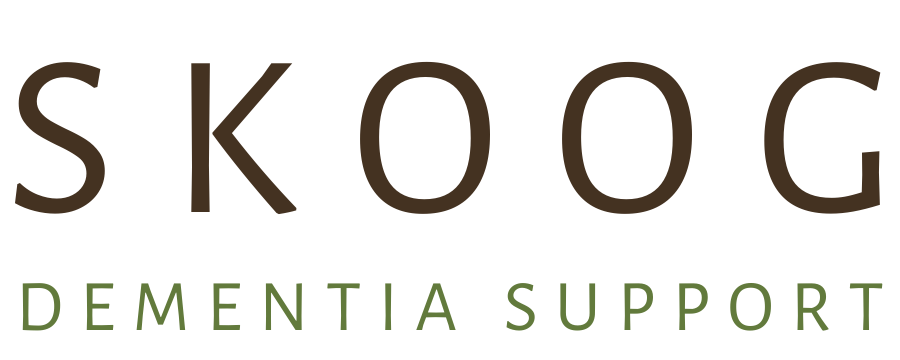
About Me & My Philosophy of Support
Hi, I’m Teri
I have been guiding individuals and families who have found themselves on the journey of dementia by offering wayfinding and support. Understanding the terrain of dementia can be fearful and uncomfortable, I do not lead anyone down a path I am not familiar with myself.
I hold a BA in Social Work and Aging Studies from the University of Iowa, and I have over 30 years of experience in the field of dementia support and care.
In addition to my professional credentials, I was a caregiver for my mom when she was diagnosed and later died from Diabetes, Alzheimer’s, and Vascular dementia. My personal and professional experience inspired me to walk in the community with individuals experiencing dementia and their companions who support their desire to age in place.
My Philosophy of Support
I am a certified DAWN® Trainer. Throughout my interactions over the years, I have incorporated many models of dementia care into my work. Still, I believe none of them have addressed the true understanding of those experiencing the condition with more dignity and insight than The DAWN® Method.
This Habilitative approach is an experiential rather than a biomedical model. It represents the purest form of person-centered, person-directed care. The DAWN® Method shifts the attention of the individual experiencing dementia and their caregivers away from symptoms, disease management, and what is lost. Instead, it focuses on emotions, well-being, and retained skills.
The Seven DAWN® Tools
The Seven DAWN® Tools are based on strengths and possibilities instead of suffering. The Habilitative, strength-based care approach recognizes that any behaviors associated with changes to thinking, memory, and attention skills are normal reactions of the distress anyone would experience when undergoing a progressive decline and not a symptom of dementia. Strength-based care accepts altered realities, looks at ways to adjust the environment for safety while retaining autonomy, and strives to meet the emotional and well-being needs of the individual.



